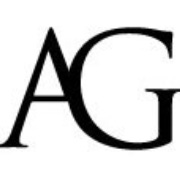This week's best things
A radio station in a sauna, Google's AI future, resisting busy-ness, memory molecules, ADHD web design, disappearing content, digital burnout, cultural website sustainability, coolness decoded, AI clean-up crews, and one very 80s synthpop video.

I am currently in Helsinki, I might be in a sauna, this was written in the past. Enjoy.
Diabolus Ex Machina
A good example of AI hallucinations in action.
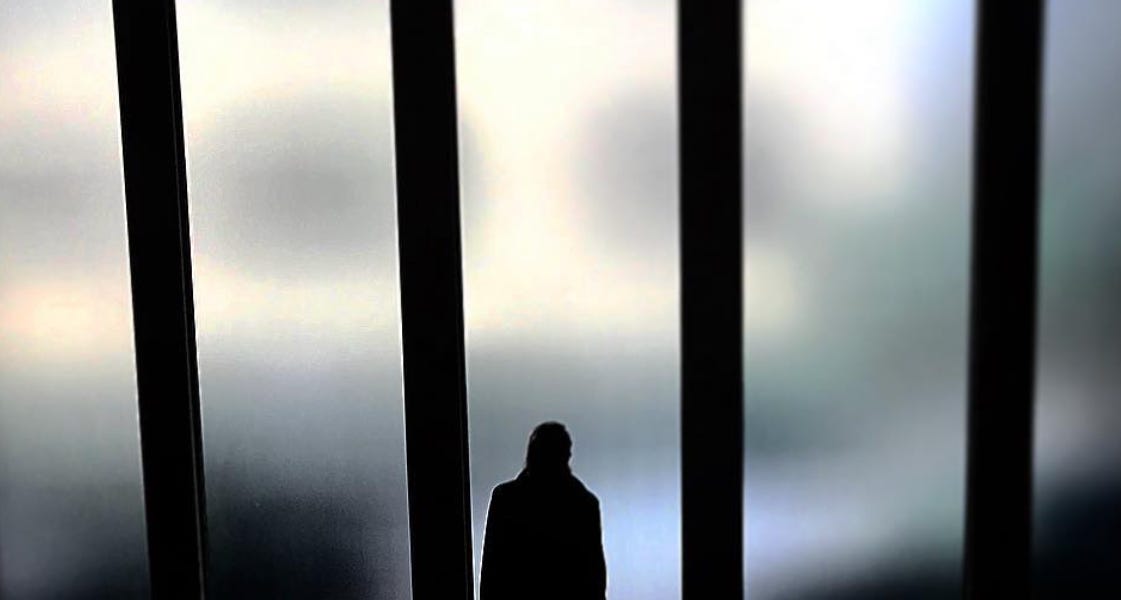
Is Google about to destroy the web?
An article about the potential impact(s) of Google's new AI Mode.
"People use Google Search five trillion times a year – it defines the shape of the internet. AI Mode is a radical departure. Unlike AI Overviews, AI Mode replaces traditional search results altogether. Instead, a chatbot effectively creates a miniature article to answer your question. As you read this, AI Mode is rolling out to users in the US, appearing as a button on the search engine and the company's app. It's optional for now, but Google's head of Search, Liz Reid, said it plainly when launching the tool: "This is the future of Google Search."
Here's the problem critics foresee – AI Overviews already sends much less traffic to the rest of the internet, and many fear AI Mode could supercharge that trend. If this comes to pass, it could crush the business model that's fuelled the digital content you've enjoyed for almost 30 years."

Push Back Against Teams That Resist Experimentation
Spotted via Storythings's newsletter, this is on the importance experimentation. It's focused on publishers and the media industry but, I think, is somewhat applicable in a cultural context too.
"When’s the last time you sat down with your staff and asked them to come up with a big idea? We’re talking an idea that’s outside of the box, potentially risky and, overall, atypical for your business.
For many of you, the answer is it doesn’t happen often. That makes sense because there is a real risk aversion in the media industry. By and large, this is an operators’ business where you find something that works and do it on repeat until you become unbelievably good at it and can scale.
The problem with this is that you start to fall into a trap of doing things because you have always done things. The business starts to look almost robotic. Why do we publish at midnight? We’ve always published at midnight. Why do we host an event in a hotel? We’ve always hosted at a hotel. History becomes the norm."
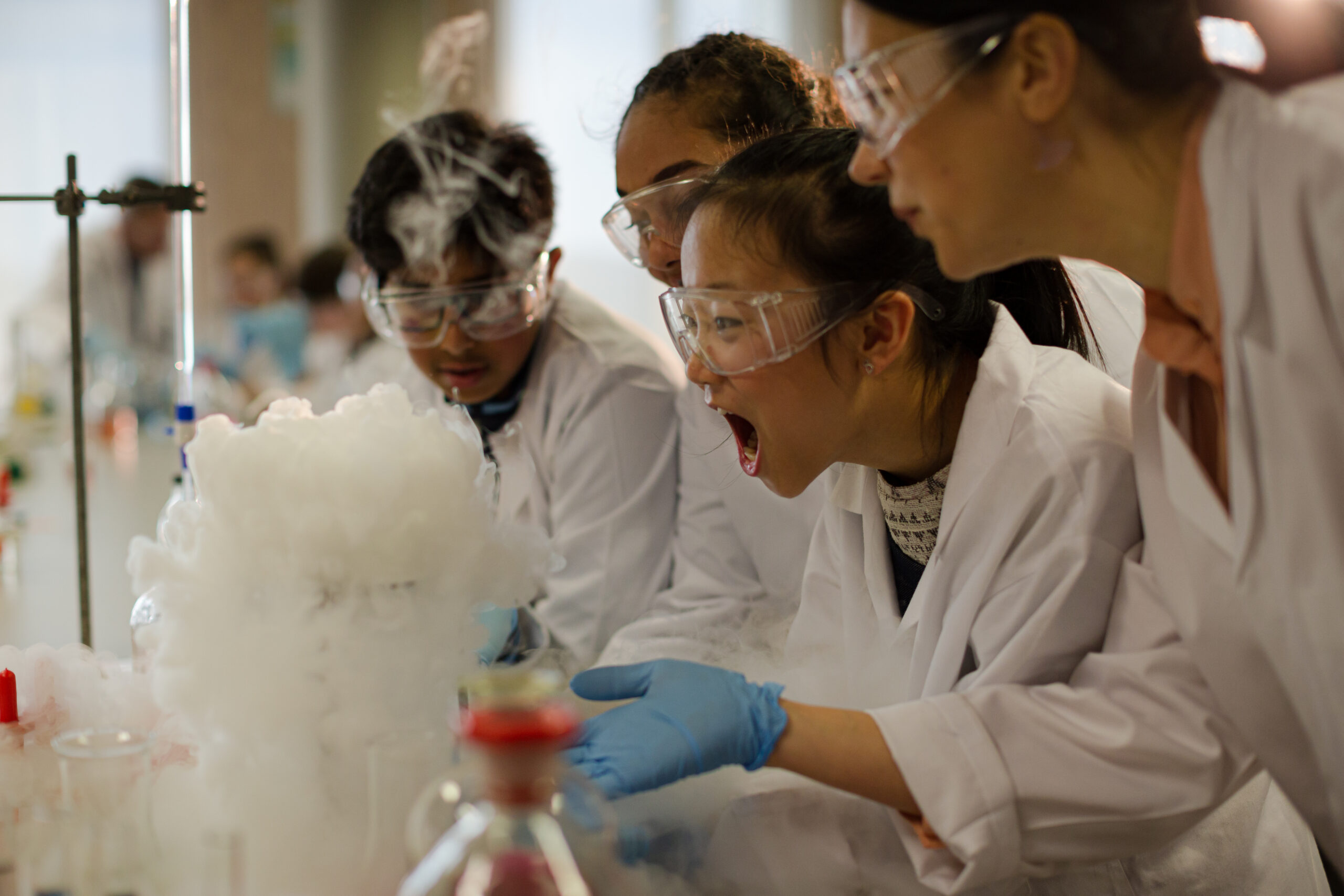
The silence is deafening
A good piece from Margaret Heffernan.
"In an age of political polarization, what’s going on at work? I’ve asked a number of business leaders and mentors and their answers surprised me: Nothing. Apart from within very small, intimate and longstanding groups, nothing big was being discussed. A new war? Shrugged off. The threat of rising unemployment? Raised eyebrows. DEI? Silence. Inequality? Never mentioned.
This is both surprising and unsurprising. Surprising because there is certainly a lot going on in peoples’ minds: whether they will lose their jobs to AI, if their kids should bother with university, what kind of world they will inherit, never mind the high cost of living and visible inequality in restaurants that have become unaffordable or just obnoxious. This—and much much more—is roiling around. And it’s cognitively costly: distracting and often alienating. I’ve spent more than a few hours in companies thinking I must have come into the wrong meeting, so unconcerned have executives appeared to be about the considerable social and political threats impacting their business and their employees. Their pragmatic calm can feel alarming surreal."
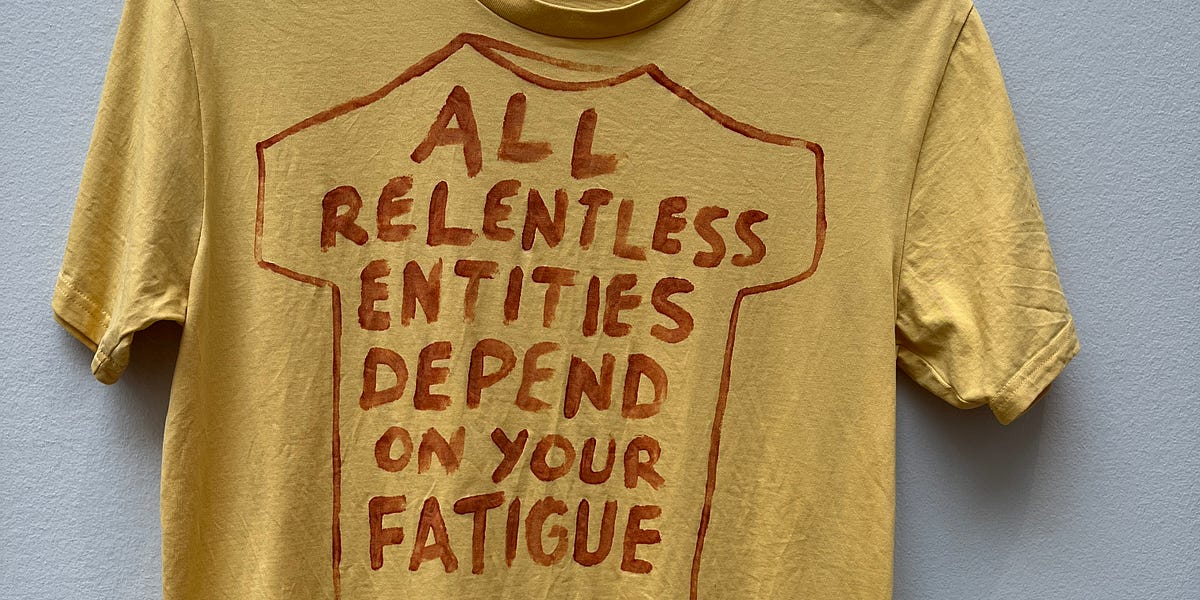
Community-building
Join me and a bunch of lovely people on Monday 11th August to continue the discussions and exploration around a new community for people doing digital work in the cultural sector.
I'm running the session twice to allow for all the various timezones people are joining from. The session will take place on Zoom, and will last 45 minutes. Register via the links below:
- Monday 11th August: 10:30am - 11.15am (Gothenburg) / 9.30am - 10.15am (UK) / 8.30pm - 9.15pm (Auckland)
- Monday 11th August: 5:00pm - 5.45pm (Gothenburg) / 4.00pm - 4.45pm (UK) / 11.00am - 11.45am (New York) / 8.00am - 8.45am (San Francisco)
And if you haven't yet, please do share your your experience of doing digital work - and the support that you might find useful - via this (very short) survey (also, please share the survey far and wide - the more opinions and experiences we can capture, the better).
Here's what we looked at and discussed the last time we met.
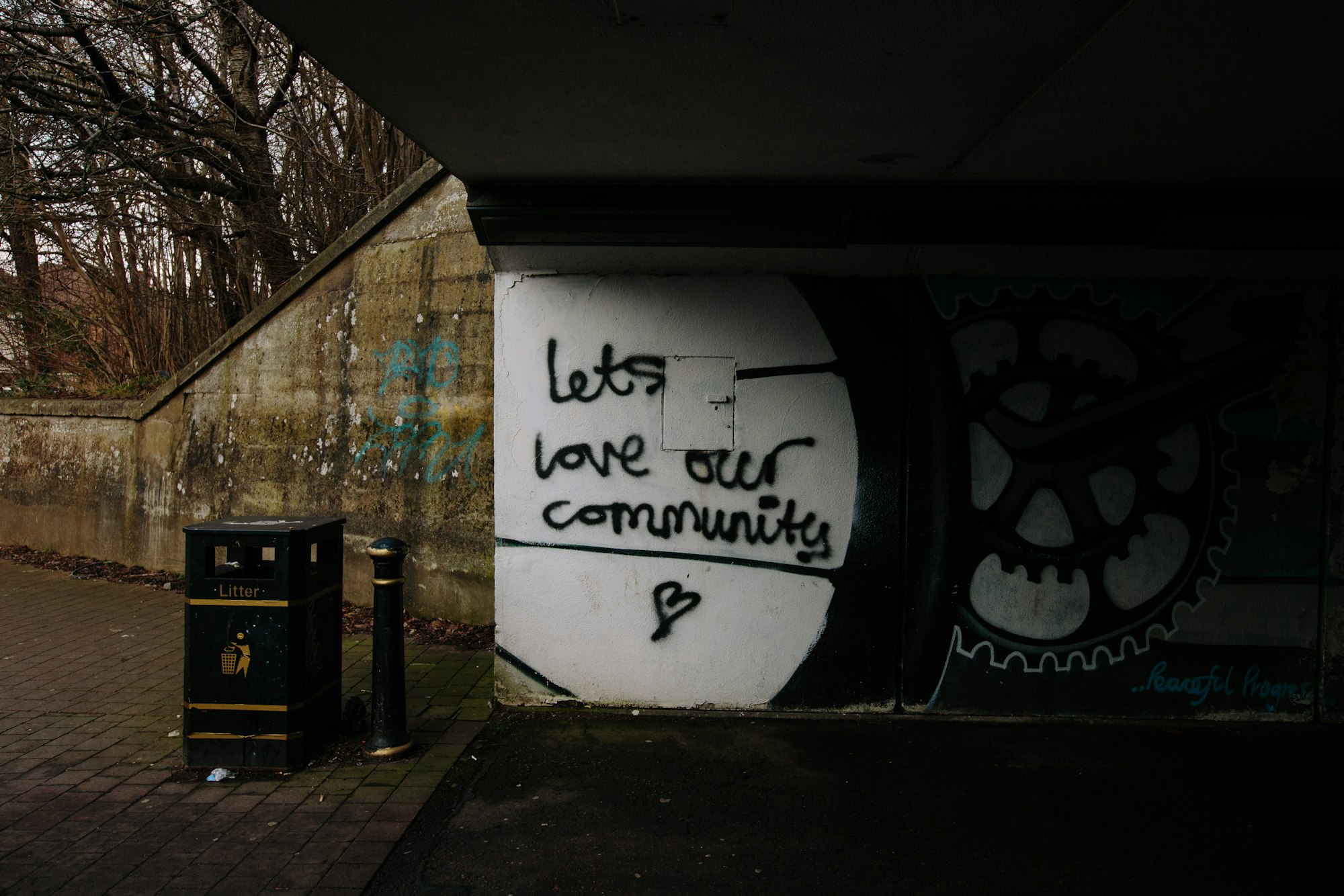
The ADHD experience
An experimental website that aims to visualise the designer's experience of ADHD.
If nothing else, it's a whole load of creative (/difficult) web design ideas crammed into one website.
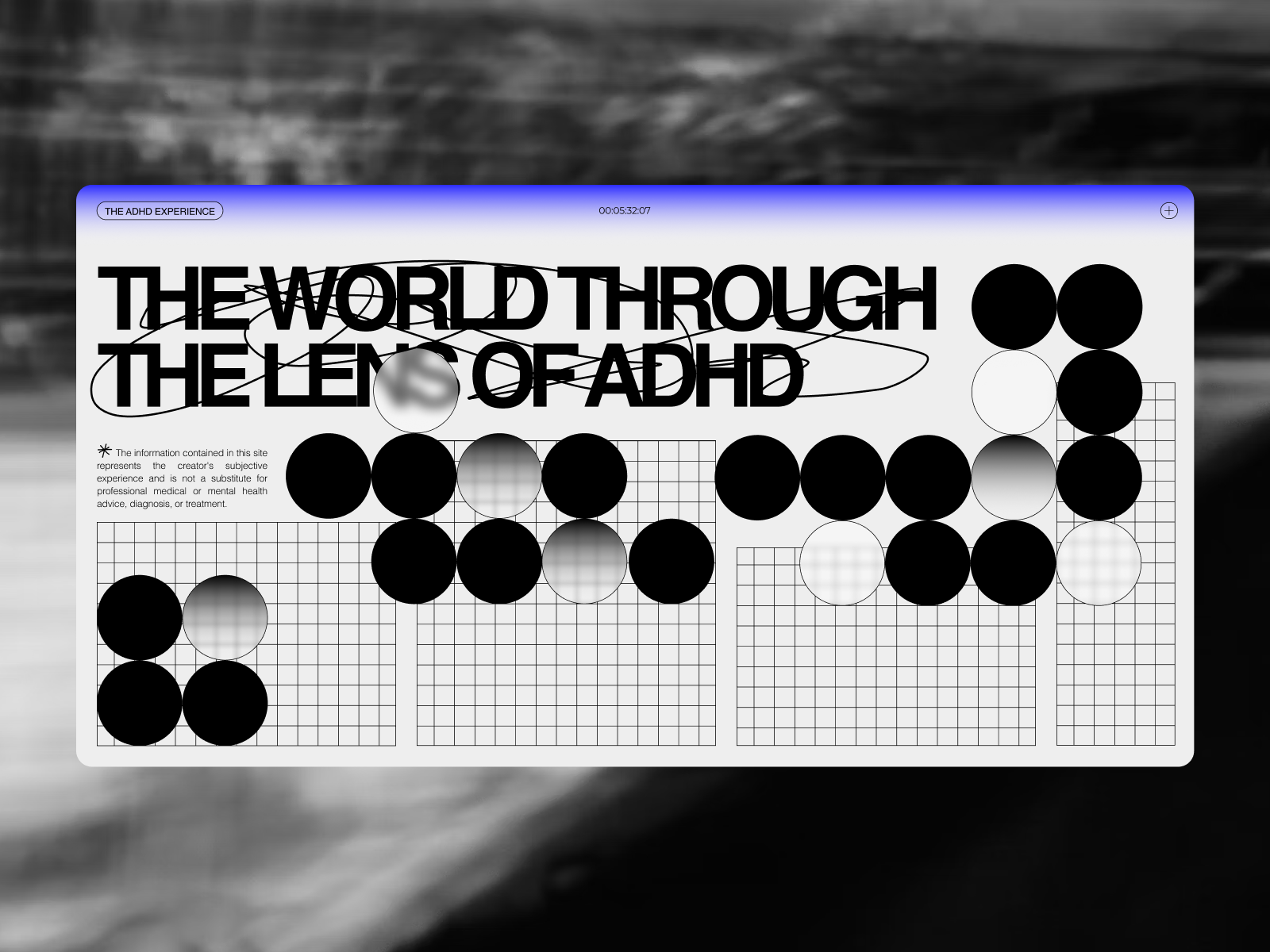
Psychologists now know exactly what makes someone cool. Turns out, the definitions are universal
"“To be seen as cool, someone usually needs to be somewhat likable or admirable, which makes them similar to good people,” said co-lead researcher Caleb Warren, PhD, an associate professor of marketing at the University of Arizona. “However, cool people often have other traits that aren’t necessarily considered ‘good’ in a moral sense.”
That could explain why antiheroes, especially in films and TV shows, are so often seen as cool.
There is a risk of homogenization of coolness, though, as music, movies, and fashion become global products. When Taylor Swift and the Avengers become properties that dominate conversations and pop culture—not only in the United States, but in virtually every other country—preexisting definitions of what it means to be cool can also become more fixed.
Indeed, the perception of coolness, the researchers wrote, “is [now] stable across countries, which suggests that the meaning of cool has crystallized on a similar set of values and traits around the globe.”"
Busyness
I wrote a thing about the dynamic of relentless, reactive busyness that seems to exist in all parts of the cultural sector.
This is the first of two articles, this one looks at trying to describe the problem (and the impact), the second one (which will be published next week) looks at possible solutions.
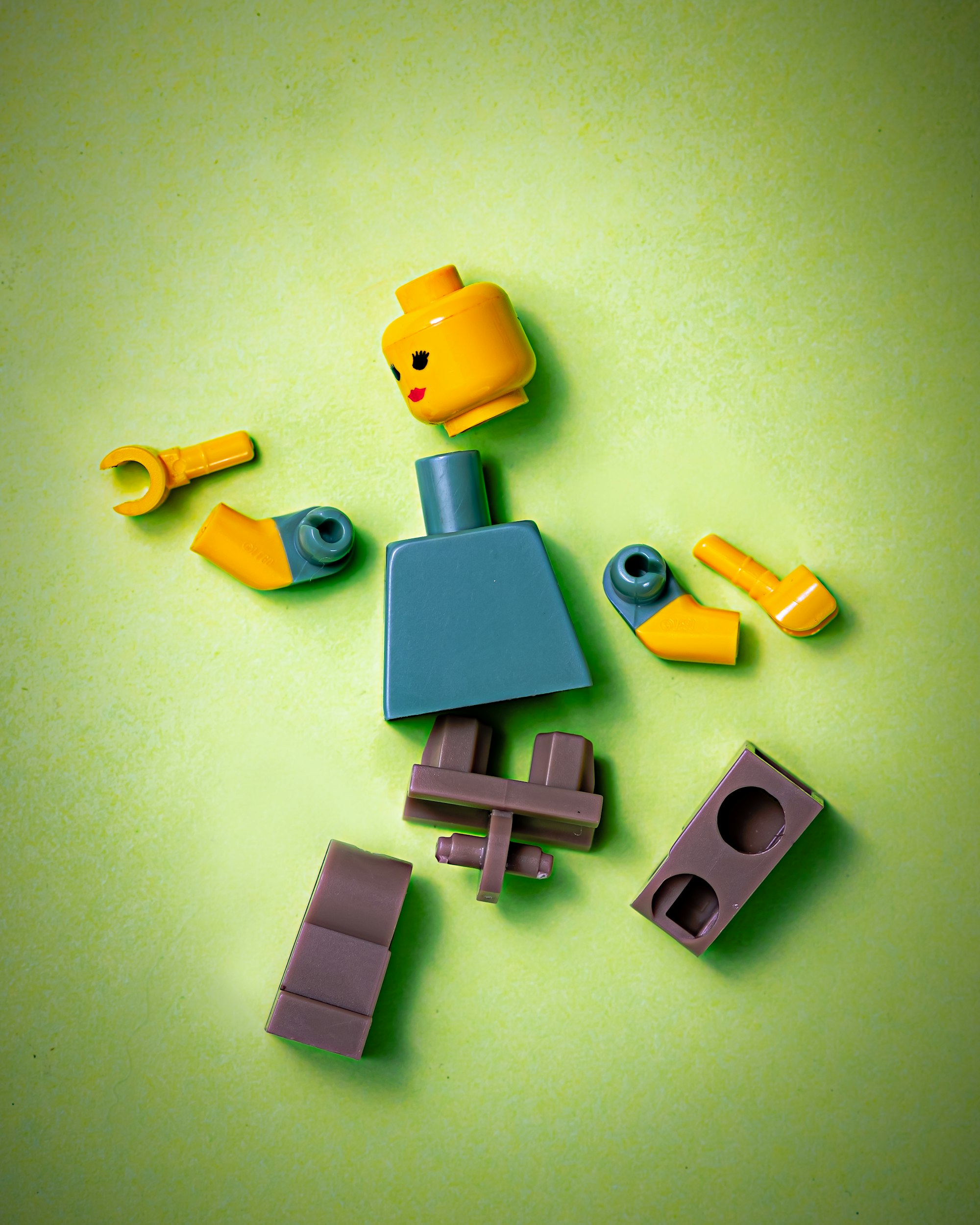
38% of webpages that existed in 2013 are no longer accessible a decade later
Some research on link rot which highlights just how ephemeral and unstable so much of the internet is, especially older content.
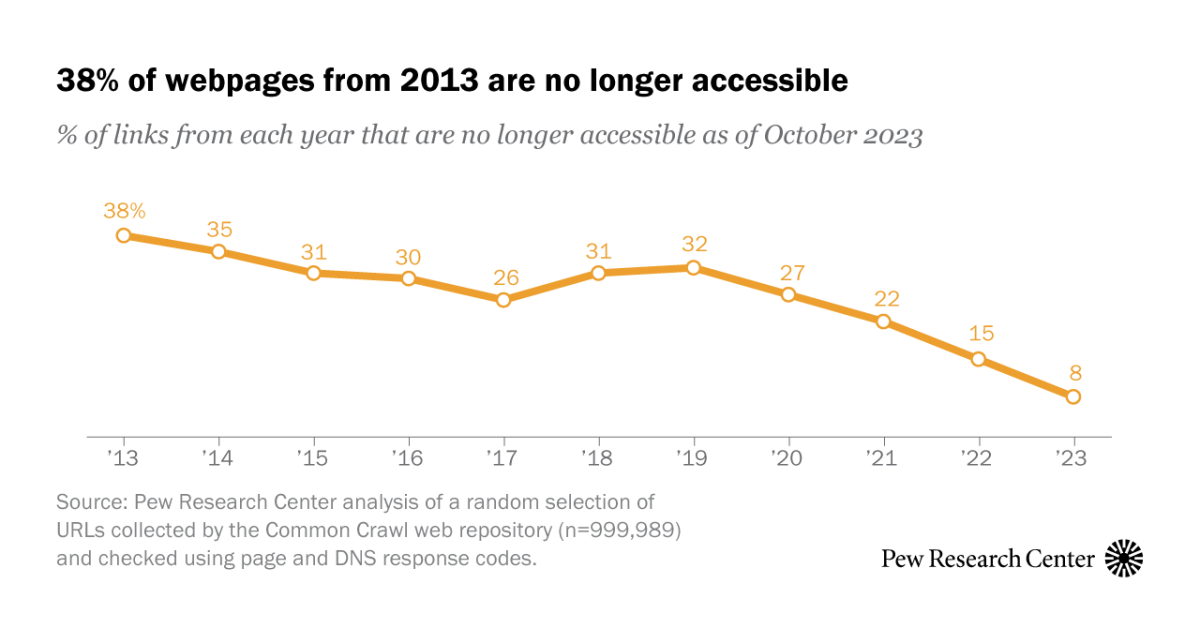
New Stockholm radio station launches in public sauna
"A new independent radio station launched in Stockholm over the weekend.
Operating out of Eden Bastun, a public sauna on the banks of Lake Mälaren, Sauna Radio will stream a collection of sets every Saturday from a newly installed DJ booth. The community-focused venue also includes a bar, chill-out space and wild swimming area. Cashu, Mattias El Mansouri, Kablam, Bella Sarris and founder Abstraxion were among the first DJs to broadcast during Saturday's launch party."
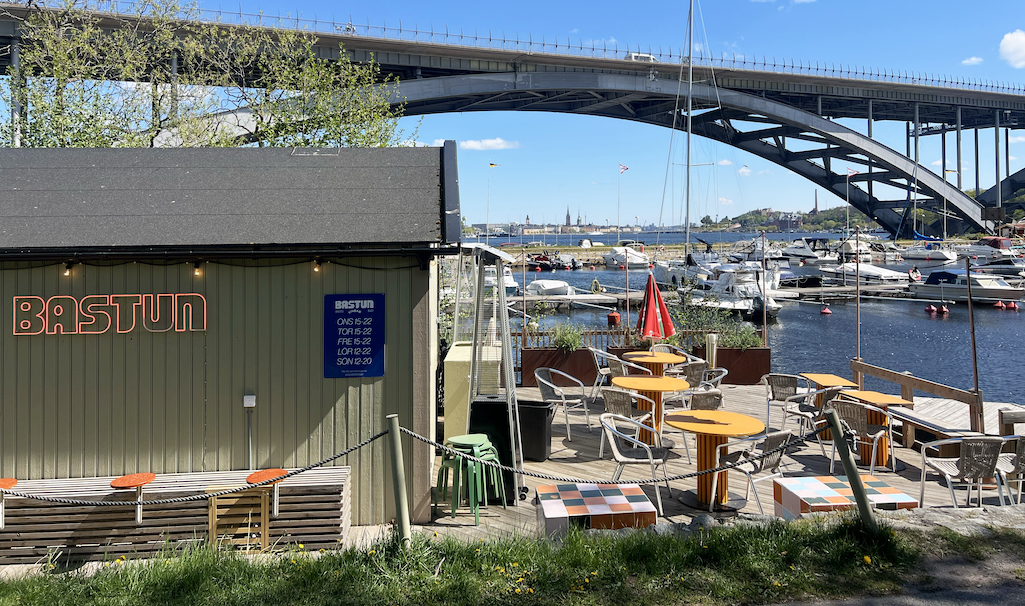
'I'm being paid to fix issues caused by AI'
"AI is making me extra money, says Sarah Skidd, a product marketing manager who writes for tech and start-up companies.
In May Ms Skidd was approached by a content agency to urgently rework website copy that had been produced via generative AI for a hospitality client.
What was supposed to save money had, instead, caused a host of problems.
"It was the kind of copy that you typically see in AI copy – just very basic; it wasn't interesting," says Ms Skidd.
"It was supposed to sell and intrigue but instead it was very vanilla.""

Google’s electricity demand is skyrocketing
Talking of issues caused by AI, "Google's emissions are up 50% since 2019" and "energy use from data centers has doubled since 2020", which is alarming.
Although, as this article says, "we don’t know exactly how much of this pollution is attributable to AI because Google doesn’t break that out". Either way, it illustrates the seismic shift in energy usage that big tech is in the midst of.

Cultural Website Sustainability Benchmark Report 2025
And on the subject of energy usage, UK-based web agency Supercool have published a benchmark report looking at the carbon footprint of cultural websites.
This whole idea is super complicated, messy and difficult both to define and to quantify (as demonstrated in the MIT article I've linked to above), but it's helpful to have some sense of how everything is peforming so you can make more informed decisions.
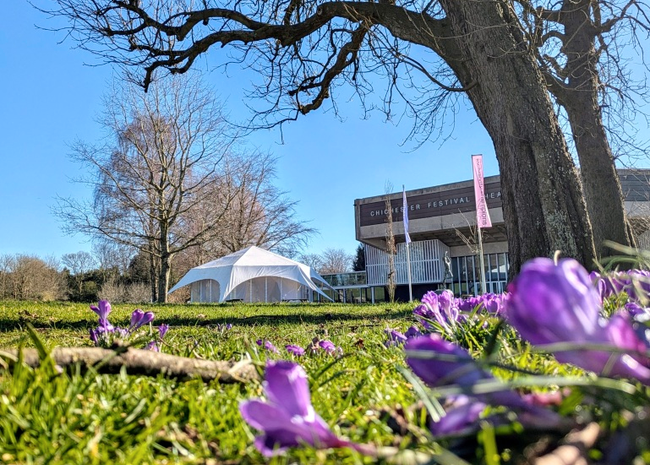
“We’re an antidote to the algorithm,” says BFI Player director as platform goes international
"Launched in 2013, its initial offer was largely focused on heritage and classic films, but it soon expanded to encompass contemporary independent cinema. Coming to subscribers this summer are high-profile festival winners such as Walter Salles’ I’m Still Here and Mohammad Rasoulof’s The Seed Of The Sacred Fig.
Recent indie hits on the platform include All We Imagine As Light, Red Rooms, Starve Acre, On Falling, My Favourite Cake and Memoir Of A Snail.
Lewis says the platform has a “threefold vision”: to be ubiquitous for customers and easily available for them to access; to be unique in the market; and be a home for British independent and world cinema."
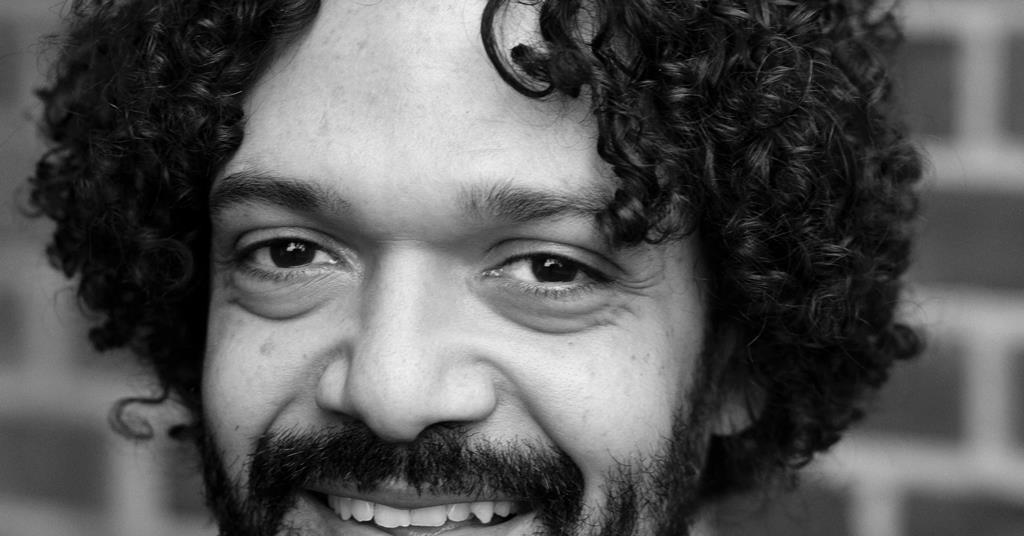
How the Binding of Two Brain Molecules Creates Memories That Last a Lifetime
This one wins the award for "yes, it's a really boring headline but it is also probably the most interesting thing I read this week". I'm fascinated by memory.
"The astonishing nature of memory is that every recollection is a physical trace, imprinted into brain tissue by the molecular machinery of neurons. How the essence of a lived moment is encoded and later retrieved remains one of the central unanswered questions in neuroscience."
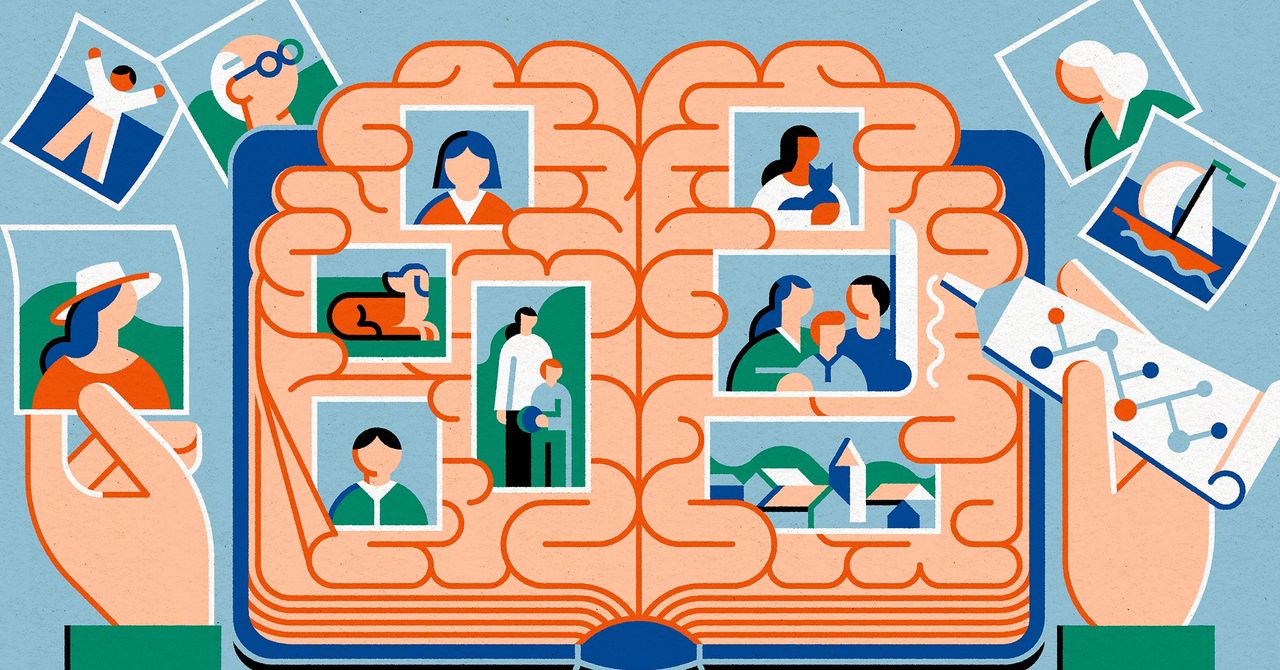
Global Employee Happiness Down 6%
Perhaps not an enormous shock given the state of...everything. But here are some specific insights from The Happines Index.
Driven by:
- 6% fall in the Safety score
- 10% reduction in Acknowledgement
- 9% reduction in employees trusting their organisation
- 8% fall in quality of Work-life balance
- Employees feeling 11% less valued
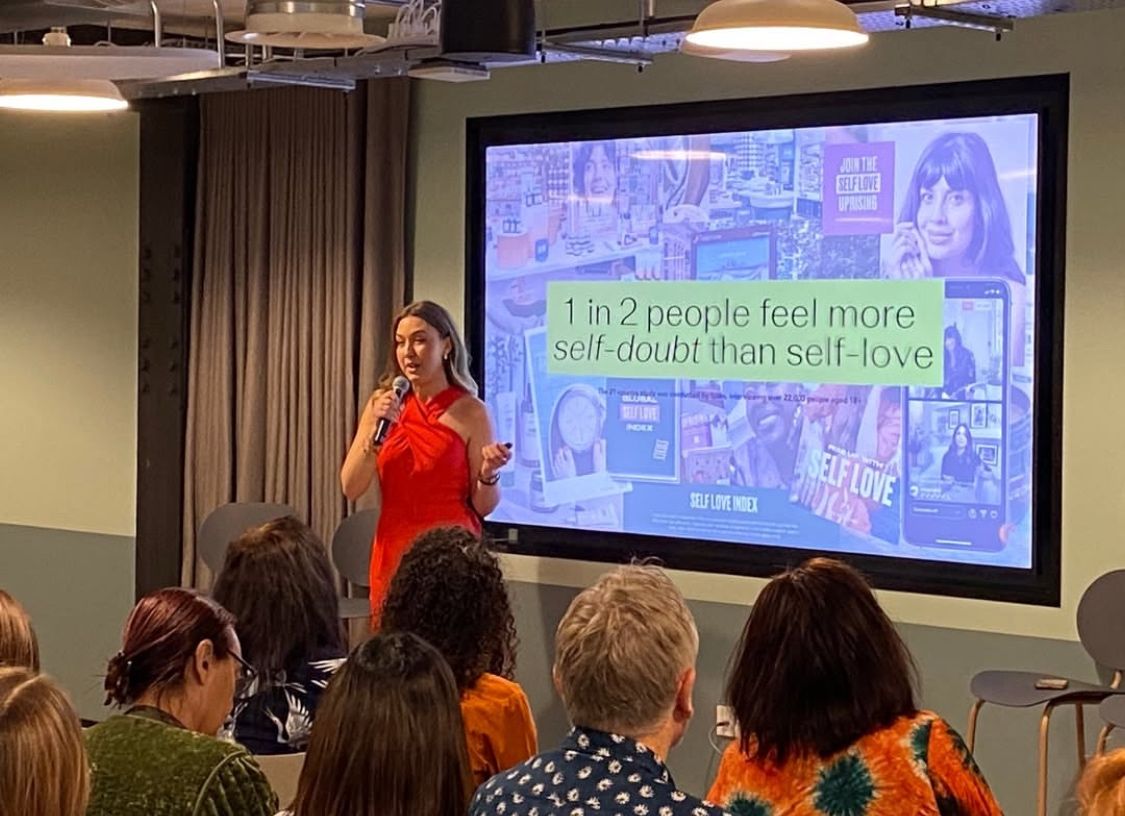
The Cave bath
I read about this amazing-looking place in Hungary, does what it says on the tin.

Mario Mathy
Please enjoy this excellent 1980s music video from Belgian synthpop artist, Mario Mathy.
This week's consumption
At Dalhalla a few weeks ago we had some very tasty non-alcoholic cocktails from Danish drinks brand, Ish. We've since ordered a load to have in the fridge at home, they're very nice (and not sweet, which is often the curse of loads of non-alcoholic drink options).
I watched a couple of Alex Honnold things (he's a climber, you might have seen him in Free Solo) on National Geographic - The Last Tepui, and Arctic Ascent. They were both a really nice mix of science, nature footage, and absolutely ridiculous climbing exploits (not for those who don't like heights).
I read Adam Buxton's second memoir, I Love You Byeee which was (if you've ever listened to his podcast or read his first book) exactly what you'd expect and, if you like Adam Buxton, a good read. More enjoyable was his recent live podcast episode with Guz Khan.
I started and finished Daisy Jones and the Six by Taylor Jenkins Reid which was fine but not as good as The Seven Husbands of Evelyn Hugo.
I've started The Names by Florence Knapp which, thus far, is excellent.
See you next week
Thanks for reading all the way to the end. Please enjoy the increasingly creative and strange reviews of the Hutzler 571 Banana Slicer on Amazon.
To finish, a quick reminder that I'm a consultant who helps cultural organisations do better digital work.
I'm currently working with organisations on things involving:
- user research to inform digital investment priorities,
- technical strategy,
- leadership development,
- 'critical friend' advice,
- project governance,
- digital strategy,
- and digital readiness.
If it sounds like I could be useful, then let's chat.
